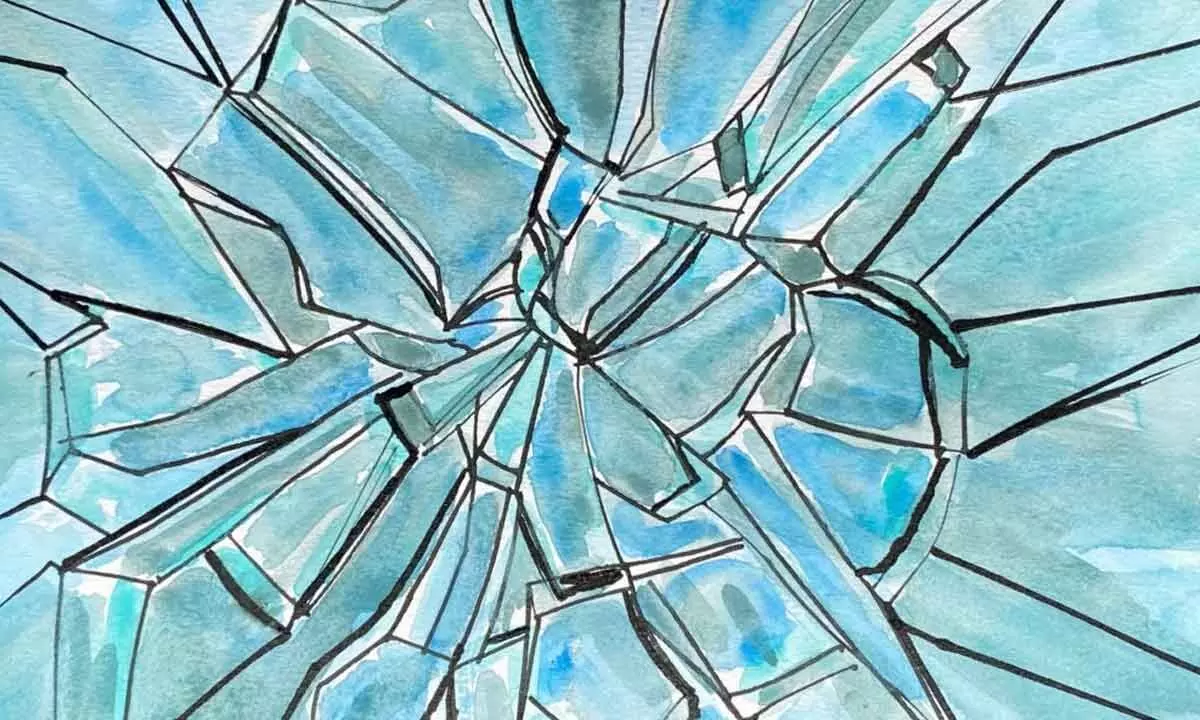It’s time for all to reflect on glass wastage

Glass is fragile, yet is one of the toughest problems staring in our face. In wastage and threat to environment, it is akin to plastic, and both are growing exponentially. Both are not biodegradable at all. Even as nations are yet to form a collective to address the issue, it is very heartening to learn that a new research at the department of ceramic engineering at the Indian Institute of Technology in Banaras Hindu University (BHU) has found that fertiliser made from glass can help in turning barren lands, even those lying unused for decades, cultivable. What a great breakthrough! But the news missed the prominence it deserves but for political brouhaha crowding out key developments in other fields.
Definitely, the new research has a great potential to effect agricultural transformation revolution. Similar studies are underway abroad, too. The central and the state governments must earnestly commend the researchers and aid them in bringing their research into fruition, for the sake of millions of people afflicted with hunger and malnutrition. For, it will bring down vast extent of barren soil i.e., desertification. The study, it is reported, has succeeded in developing necessary chemical properties and capabilities inside glass, due to which not only barren land can be made fertile but the fertility of cultivable land can also be enhanced.
R K Chaturvedi, senior scientist at IIT-BHU, deserves big applause. “As high as 29 per cent of land in India is barren. Unfortunately, such land is present in every village of India. The main reason for this is the lack of balance of chemical elements in the soil,” he points out the motivation factor driving the research. He says the soil is composed of 19 chemical elements: nitrogen, phosphorus, potassium, sodium, magnesium, calcium, sulphur, iron, manganese, zinc, copper, nickel, cobalt, organic carbon, molybdenum, vanadium, chlorine, boron and silicon. His research showed that all except nitrogen can be mixed in glass and can be provided to the soil over time. The fertiliser made from glass can help in making the barren land, which has been lying unused for decades, cultivable.
The researcher stresses that his method is very cheap, simple and useful. While the research is still on, he claims it has the potential of phasing out chemical fertilisers as the farmers only need to use ceramic fertilisers once in 2-3 years. The news of this breakthrough raises hopes as various reports by the UN and governments say that the world may be faced with a soil crisis if the present soil erosion is not halted. If not put paid to, the wasting away of soil will spell ever greater hunger crisis for a burgeoning human population in the world.
Glass takes hundreds of years to disintegrate. You may not be there for a hundred years, but the bottle you throw away can stay pretty much the same even after a thousand years. Recycling uses only a very little portion of the glass waste. Conventional recycling involves turning melting glass to make bottles, bowls and containers, etc. There is even a process in use of extracting liquid silicate from waste glass for use in concrete sealers, detergents and even toothpaste. Artists and scientists are constantly involved in making use of waste glass in novel ways. It doesn’t suffice. It’s high time to veer global attention to this monumental problem which reflects apathy of governments and civil society, and, not in the least, us, the individuals. Mass awareness is critical. We can’t just leave it to scientists and concerned minds to deal with it.








